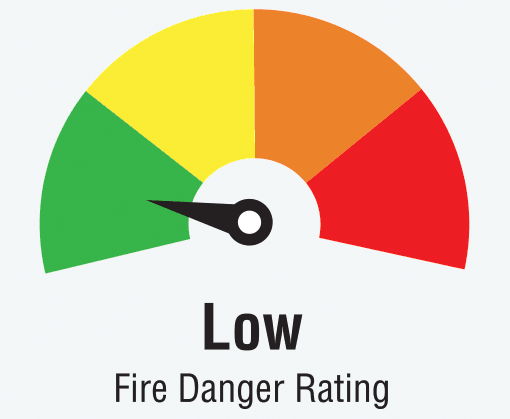Do you require additional assistance to evacuate?
You need to have a personal emergency plan in place and evacuation kit ready. Planning for emergencies as a person with a disability requires a bit more diligence than for people without disabilities. Emergency Management BC has an emergency plan guide specifically for people with disabilities.
Disability Alliance has also created a Personal Preparedness Checklist to assist with this process. Please take the time to look through the entire Prepare to Survive – Prepare to Help planning document, which can be found in the Disability Alliance section below.
Volunteers are a crucial part of the Whistler Emergency Program:
- The Whistler Search and Rescue team search for, and provide aid, to people who are in distress or imminent danger.
- The Whistler Emergency Social Services team provides short-term (generally for 72 hours) shelter, food, clothing and emotional support to evacuees.
- The Emergency Communications team provides a means for emergency communications when phone lines, cell phones and other conventional means of communications fail.
Know how you will evacuate
This may include driving yourself, riding with a family member or friend, or using public transportation. If you think you may need assistance to evacuate, make arrangements with your personal support network to assist you in an evacuation.
If an evacuation order is issued and you cannot travel to a Central Muster Point or need assistance to evacuate, phone the RMOW Public Information Call Centre at 604-932-5535 to arrange a pick-up directly from your residence. You will be asked a series of questions so that emergency officials can dispatch the appropriate transportation resource – this may be a taxi, bus, or ambulance.
Communication
If you require assistance to evacuate and utilize a Teletypewriter (TTY) please dial 711 (TTY to Voice) or 1-800-855-0511 (Voice to TTY) from your TTY device and a TELUS Relay Agent will answer. Provide the RMOW Public Information Call Centre number 604-932-5535 to the TELUS Agent so they can connect you with the RMOW Call Centre.
Deaf and hard of hearing people can pre-register for E-Comms text to contact 911. Please note that during mass evacuation events, first responders may be unavailable to assist.
Resources
Since 2006, Disability Alliance BC (DABC), formerly known as the B.C. Coalition of People with Disabilities, has been running the Emergency Preparedness Project and has been a leader in promoting the inclusion of people with disabilities in emergency preparedness in British Columbia and Canada.
DABC and Volunteer Canada, have trained 20 trainers from disability organizations and volunteer centres from BC, Yukon, Alberta, Ontario and New Brunswick to deliver community training in emergency planning for people with disabilities.
DABC has collaborated with a number of agencies to create a number of training manuals, and resources for community groups and individuals who want to prepare themselves and/or play a role in emergency planning and response in their communities. The best example of this compiled knowledge is found within Prepare to Survive – Prepare to Help document. Further information can be found within the library of the DABC which has gathered these resources to most easily search for any resources may be needed for emergency preparedness for people with disabilities.

